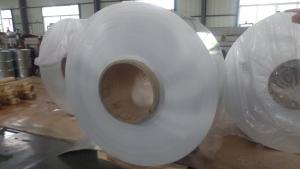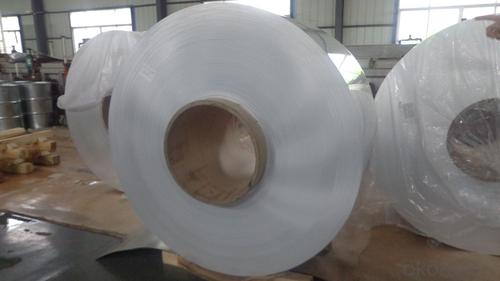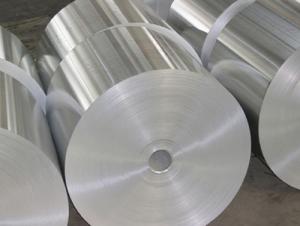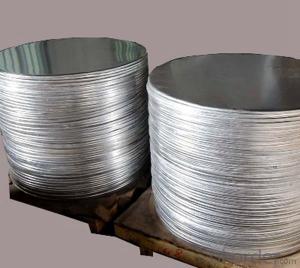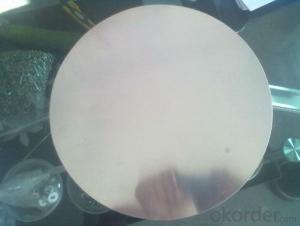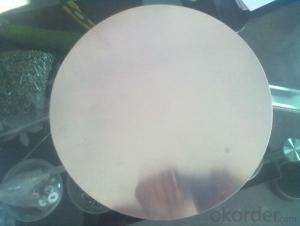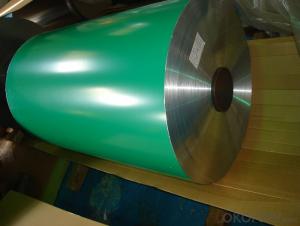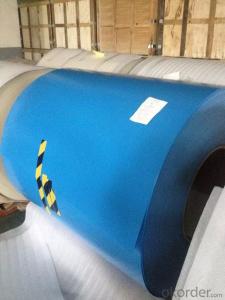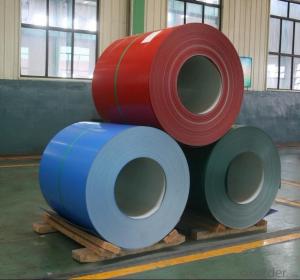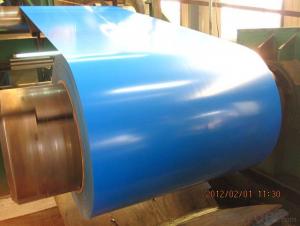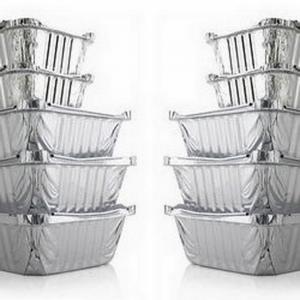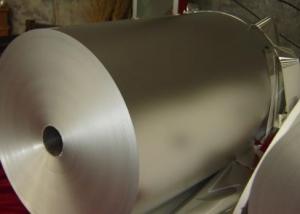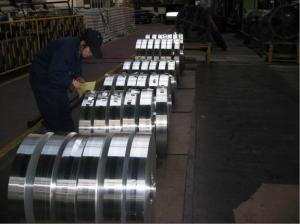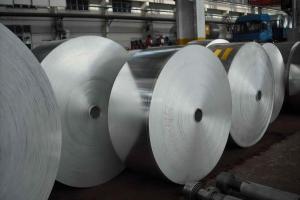Aluminum Color Coated Aluminum Coils for Aluminum Can Stock 5182 H48
- Loading Port:
- Shekou
- Payment Terms:
- TT OR LC
- Min Order Qty:
- 5 m.t.
- Supply Capability:
- 100000 m.t./month
OKorder Service Pledge
OKorder Financial Service
You Might Also Like
Specification
1.Structure of Color Coated Aluminum Coils Used for Aluminum Can Stock 5182 H48
We are very professional in producing color coated aluminium coils used for beverage cans.
Normally we use alloy 5182 H48; 5052 H19; 5052, H36; 5182 H19; 5182 H49 as base coils. Based on ordinary aluminum, we add Mn and Mg, so as to increase tensile strength and elongation. With advanced equipment and technology, we offer customers high quality products for long-term cooperation.
We use large wave shear, transverse shear and longitudinal cut system so as to meet different specifications of customers.
2. Main Features of Color Coated Aluminum Coils Used for Aluminum Can Stock 5182 H48
• Light Weight
• High Flatness
• Good Weathering
• Colorful
• Recycling
• Saving Energy
• Rustproof
3. Color Coated Aluminum Coils Used for Aluminum Can Stock 5182 H48 Images
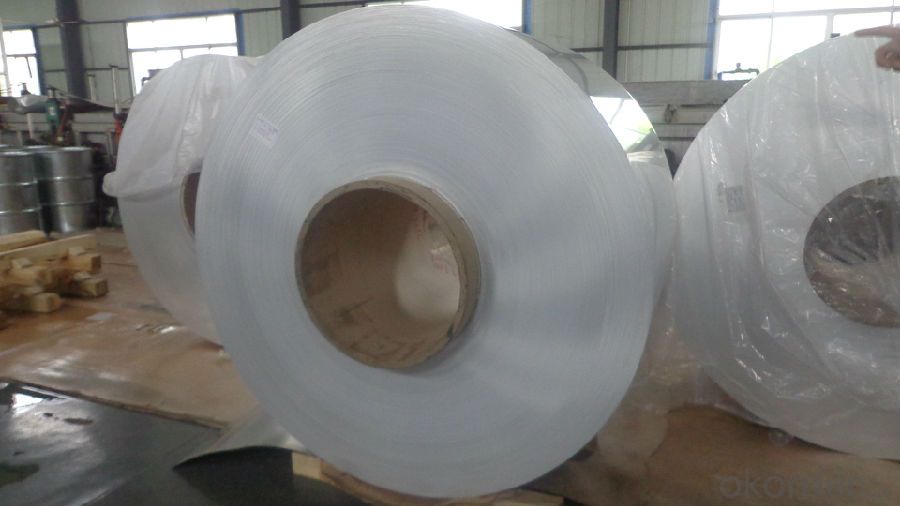
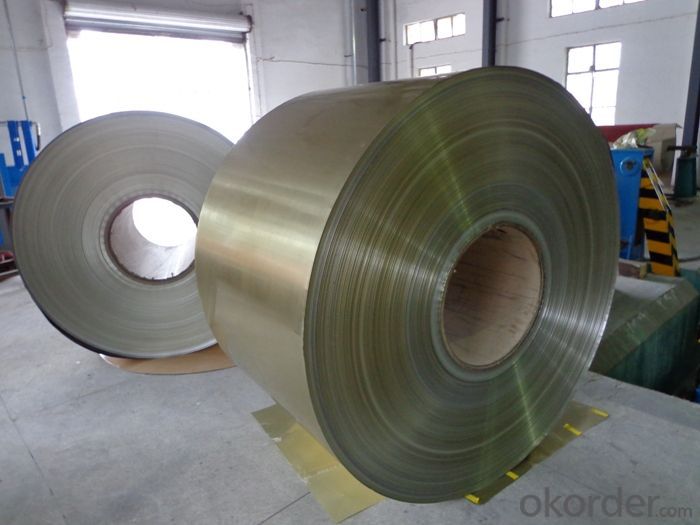
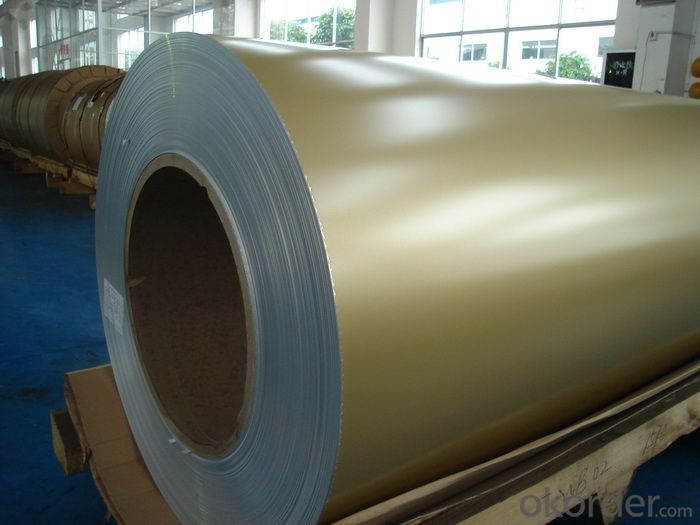
4. Specification of Color Coated Aluminum Coils Used for Aluminum Can Stock 5182 H48
ALLOY | TEMPER | THICKNESS | WIDTH | COIL OR LENGTH |
5052 5182 | H19 H36 H48 H49 | 0.22-0.5mm | 500-1600mm | AS PER YOUR REQUIREMENTS |
5. FAQ
A.What about inspections to guarantee quality?
For each order, we will arrange strict inspection for raw materials, inspection during production and inspection for finished goods.
With requirement of customers, we also can arrange the third party inspection.
B.What about delivery?
We will put order in production schedule after order gets confirmed against copy of TT or L/C. Normally it takes about one month for production. Exact shipment schedule is different based on different sizes and quantity.
C.What is the MOQ?
5 tons for each size.
D. Where have you exported?
We have exported to many countries. Main markets include South East Asia, Middle East, North America, South America, etc.
- Q: This question asks about the impact of aluminum usage on the global economy, including its role in various industries and its influence on trade and economic development.
- <p>The use of aluminum significantly affects the global economy due to its versatility and widespread application in numerous industries such as construction, automotive, aerospace, and packaging. As the third most abundant element in the Earth's crust, aluminum is a key material in modern manufacturing, contributing to economic growth through job creation and technological advancement. It also plays a crucial role in trade, with major producers like China, Russia, and Canada exporting large quantities, influencing global supply chains and trade balances. Additionally, the demand for aluminum drives exploration and investment in mining, further impacting economic development in resource-rich regions. However, the environmental and sustainability concerns associated with aluminum production, such as energy consumption and waste, also present challenges that can affect economic stability and growth.</p>
- Q: This question asks for recent advancements or innovations in the technology related to aluminum.
- <p>Recent developments in aluminum technology include the advancement of aluminum-air batteries for energy storage, which offer a more sustainable and efficient alternative to traditional batteries. There's also the development of nanostructured aluminum alloys that exhibit superior strength and lightweight properties, making them ideal for aerospace and automotive applications. Additionally, research into aluminum recycling has led to more efficient processes, reducing waste and environmental impact. Lastly, advancements in aluminum electrolysis have improved energy efficiency, contributing to the sustainability of aluminum production.</p>
- Q: Is it possible to utilize aluminum to enhance the durability and efficiency of batteries?
- <p>Yes, aluminum can be used to make batteries more durable and efficient. Aluminum's lightweight, high conductivity, and corrosion resistance make it a favorable material for battery components. In particular, aluminum-air batteries leverage aluminum's ability to provide a high energy density. Additionally, research is ongoing to improve lithium-ion batteries by using aluminum as a component in the anode, which can potentially increase energy storage capacity and lifespan. However, challenges such as aluminum's reactivity and the development of efficient recycling methods must be addressed for widespread adoption in battery technology.</p>
- Q: This question asks for common applications of aluminum in everyday life.
- <p>Aluminum is widely used in daily life due to its lightweight, durability, and resistance to corrosion. It is commonly found in beverage cans, food packaging, and cookware. Aluminum is also used in construction for window frames, doors, and roofing. It is a key material in the manufacturing of vehicles, including cars, airplanes, and bicycles, due to its strength-to-weight ratio. In electronics, aluminum is used in heat sinks and wiring. Additionally, it is used in everyday items like foil, furniture, and sports equipment. Its versatility makes aluminum an essential material in many aspects of modern life.</p>
- Q: Explain how the use of aluminum contributes to global warming in a few sentences.
- <p>The use of aluminum significantly affects global warming due to the energy-intensive process required to extract it from bauxite ore. The production of aluminum releases large amounts of greenhouse gases, particularly carbon dioxide, which contribute to global warming. Additionally, the electricity used in aluminum production often comes from fossil fuels, further exacerbating the issue. Moreover, aluminum is lightweight and durable, leading to increased demand, which in turn drives up production and emissions. The recycling of aluminum is crucial to mitigate its environmental impact, as it requires only 5% of the energy needed for primary production, significantly reducing carbon emissions.</p>
- Q: Can recycled aluminum be utilized in the production of solar panels and other renewable energy technologies?
- <p>Yes, recycled aluminum can be used to make solar panels and other renewable energy sources. Aluminum is a key component in solar panel frames and mounting structures due to its lightweight, high strength, and corrosion resistance. Recycling aluminum saves energy and resources compared to mining and refining new aluminum. Additionally, recycled aluminum can be used in wind turbines, hydroelectric generators, and other renewable energy technologies where its properties are beneficial. The use of recycled materials in renewable energy production contributes to a more sustainable and circular economy.</p>
- Q: What are the various applications and benefits of using aluminum in the automotive industry?
- <p>Aluminum is widely used in automobiles for its lightweight properties, which improve fuel efficiency and reduce emissions. It's used in engine parts, such as pistons and cylinder heads, to decrease weight and increase performance. Aluminum is also used in body panels, wheels, and suspension components, enhancing vehicle handling and reducing unsprung weight. Additionally, aluminum's corrosion resistance makes it ideal for exterior parts, and its recyclability aligns with environmental sustainability efforts in the automotive industry.</p>
- Q: This question asks about the potential health advantages of using food packaging materials that do not contain aluminum.
- <p>Yes, using aluminum-free food packaging materials can have several health benefits. Aluminum has been linked to potential health risks such as Alzheimer's disease, although the evidence is not conclusive. By eliminating aluminum, there is a reduced risk of exposure to this potentially harmful element. Additionally, aluminum-free packaging can be beneficial for individuals with allergies to aluminum. It also supports environmental sustainability as some aluminum-free alternatives are biodegradable, reducing the environmental impact of packaging waste. Overall, choosing aluminum-free packaging can contribute to a safer and healthier lifestyle.</p>
- Q: Is aluminum capable of functioning as a catalyst in chemical reactions?
- <p>Aluminum is not typically used as a catalyst in chemical reactions. Catalysts are substances that increase the rate of a chemical reaction without being consumed in the process. Aluminum, being a metal, does not have the properties necessary to act as a catalyst in most reactions. However, it can be used in certain reactions as a reducing agent or in the form of organoaluminum compounds, which may participate in catalytic processes, but these are not common applications.</p>
- Q: What are the various applications of aluminum in the construction industry?
- <p>Aluminum is widely used in construction due to its lightweight, durability, and resistance to corrosion. It is utilized in the manufacturing of window frames, doors, roofing, and facades for its strength and low maintenance requirements. Aluminum is also used in structural components such as beams and columns, and in the construction of bridges and high-rise buildings. Its malleability allows for easy shaping and forming, making it ideal for intricate designs. Additionally, aluminum's thermal conductivity and reflectivity make it suitable for energy-efficient construction.</p>
Send your message to us
Aluminum Color Coated Aluminum Coils for Aluminum Can Stock 5182 H48
- Loading Port:
- Shekou
- Payment Terms:
- TT OR LC
- Min Order Qty:
- 5 m.t.
- Supply Capability:
- 100000 m.t./month
OKorder Service Pledge
OKorder Financial Service
Similar products
Hot products
Hot Searches
Related keywords
